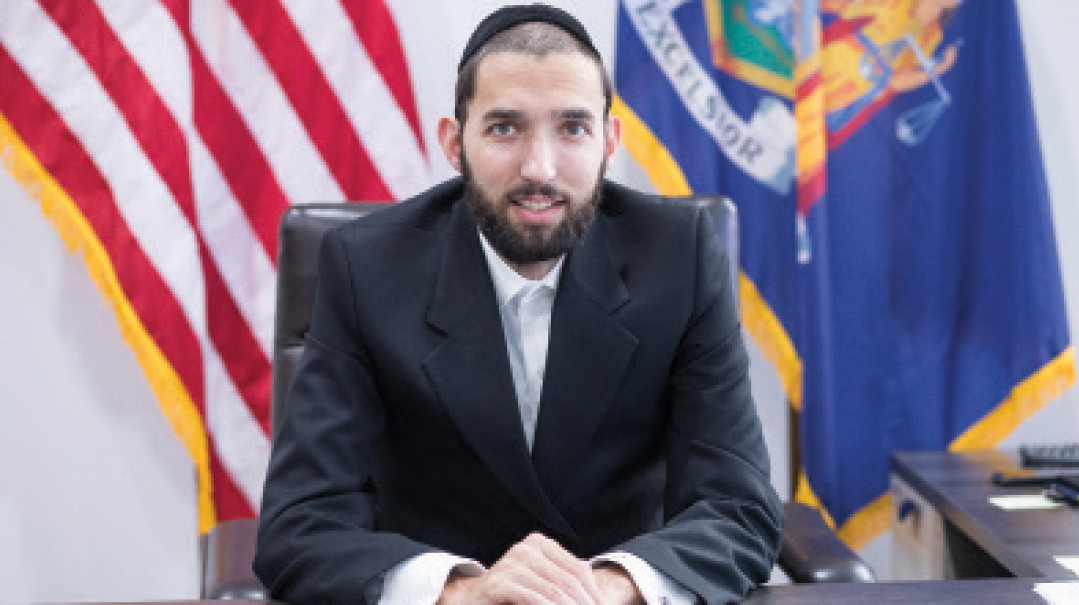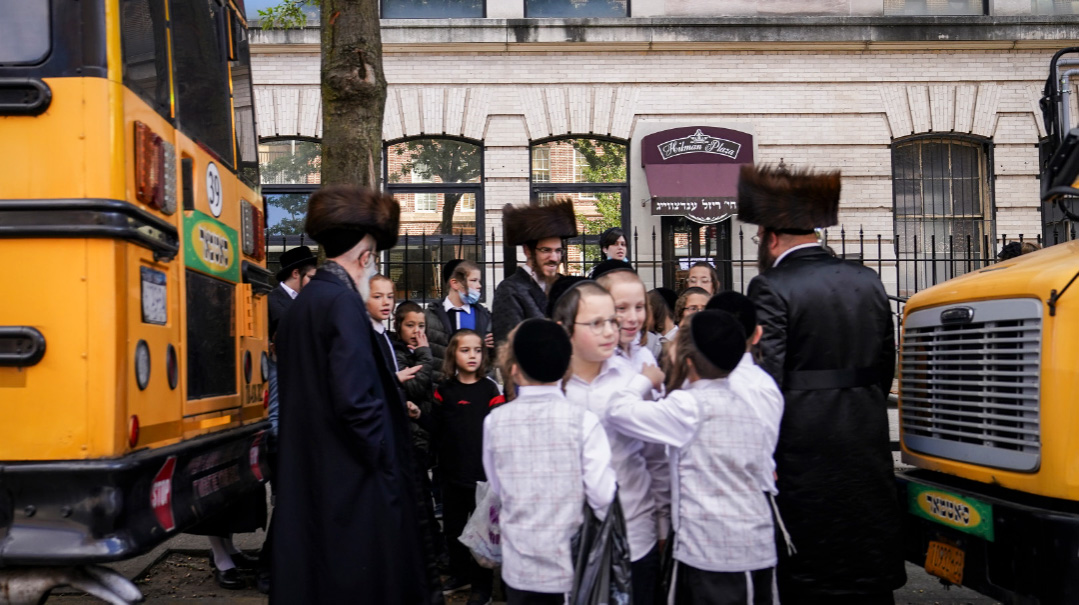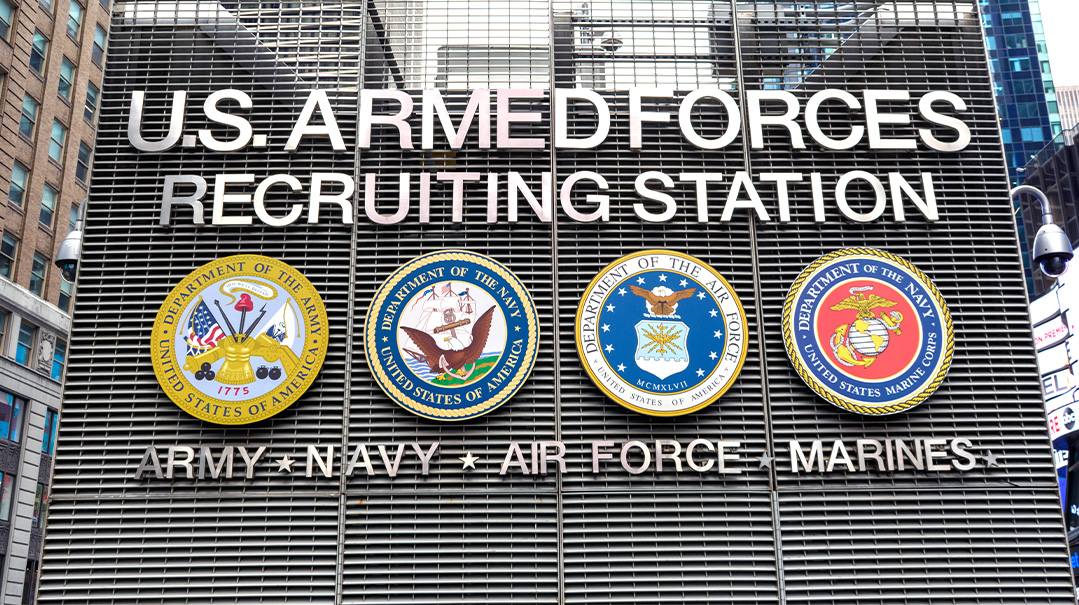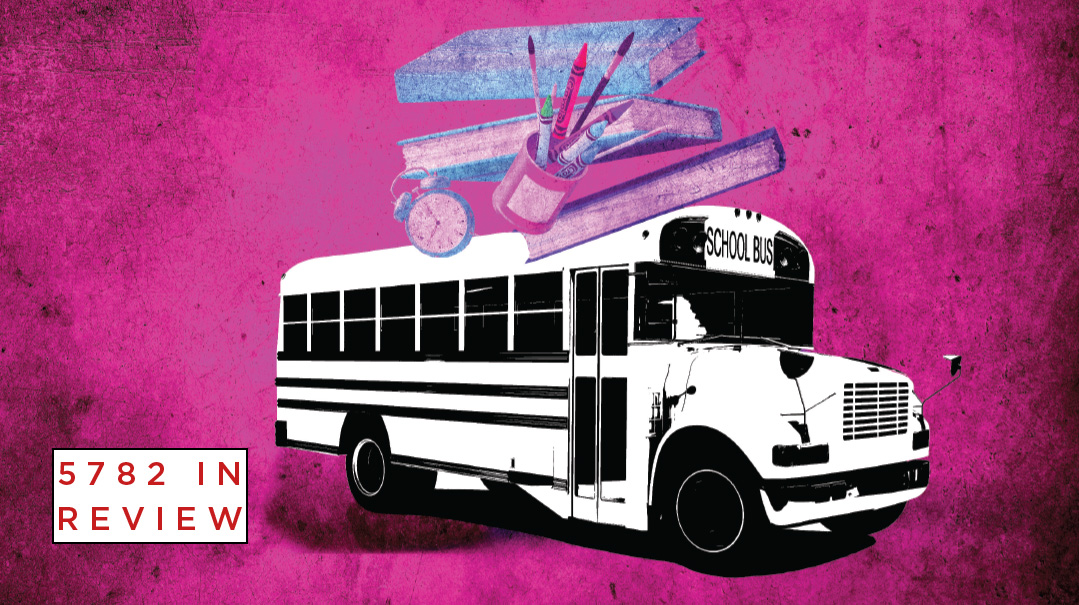Kavod Acharon and COVID-19 Don’t Mix

"Two wrongs don’t make a right. The language was wrong. I think he [de Blasio] should have apologized immediately"

Rav Chaim Mertz could have never imagined that his funeral would generate so much controversy.
The respected rebbe of a small Williamsburg shul, approximately 7,000 people turned out for his levayah in the midst of a global pandemic last Tuesday, generating headlines when the mayor of New York, Bill de Blasio, personally showed up to scold the crowds. He later tweeted:
“My message to the Jewish community, and all communities, is this simple: The time for warnings has passed. I have instructed the NYPD to proceed immediately to summons or even arrest those who gather in large groups. This is about stopping this disease and saving lives. Period.”
But that’s not what the Jewish community heard. The “message to the Jewish community” particularly rankled, given that it was followed by instructions for the police to “proceed immediately” to arrest anyone breaking quarantine rules.
An avalanche of criticism from both the right and the left ensued. Memes appeared on Twitter depicting de Blasio as a Nazi. Even his apology the next day — in which he regretted using words “the wrong way in terms of giving people the wrong impression” — failed to quell the furor. At press time Monday, de Blasio was set to address reporters from Jewish outlets to further discuss the matter.
Simcha Eichenstein, a former aide to de Blasio and a New York assemblyman representing Boro Park, is uniquely suited to discuss the funeral, the tweet, and what comes next. We spoke to him on Sunday.
There are as many layers to this tweet as an onion. Many people think the mayor did a good thing by cracking down on this funeral, many others say that if he was not cracking down on beachgoers and parkgoers, why come down harshly on levayah-goers?
These are two separate things. There is one thing that happened, which is the funeral. I have stated already that I thought it was wrong. I don’t think it’s appropriate for us right now to hold a funeral of thousands of people. We’ve had great rabbanim and rebbes who have passed away — to pick one, the Novominsker Rebbe would have probably had 75,000 people at his levayah. But given the circumstances, there were only ten people. Why would anyone want to take the risk of sickening others? That was wrong.
The other piece is the tweet specifically. He seemed to take a specific incident and turn it onto the entire Jewish community. That was wrong and the mayor should have apologized. He did apologize — we could argue whether it went far enough.
Then there’s another piece to it, which we saw the next day. Police literally dumped entire units of officers into a particular community to check for illegal minyanim or yeshivos. Officers were literally climbing up fire escapes, peeking into buildings, parading into synagogues. These are very troubling images. Other than retaliation, I have no other explanation. I have not seen anything like that in any other community.
In one of the two shuls [police] were in, they issued 11 violations — five of which, by the way, were fire violations. Seriously? This is why you had a special ops unit come, to hand out fire violations? We’re in the midst of a pandemic.
Were you in touch with the mayor’s office about this?
My message to City Hall in a nutshell was that over-policing, sending in an army of officers aggressively ticketing, and storming into yeshivos is not the solution.
I’ve known the mayor for a long time. He’s had a good and long-standing relationship with the Jewish community. I’ve seen some crazy graphics going around comparing him to the worst people. Bill de Blasio is not an anti-Semite. What I saw was that he showed up to the funeral and he was angry. He was very angry. But two wrongs don’t make a right. The language was wrong. I think he should have apologized immediately. But look, we’re dealing with a person who represented Boro Park in the city council 20 years ago.
Which, in your opinion, is the greater story here — that a funeral was held in the first place during a pandemic or the mayor’s tweet?
As I said before, both [actions] were wrong.
Remember, the local community was in touch with law enforcement prior to this funeral. It wasn’t an underground operation. At some point it went wrong and the opinion of the local police department changed. But going into this event, and this has not been reported fairly, the local community and police department were on the same page. Afterward, too many people showed up. I’m not excusing the mayor’s words, but this is a big difference, that police at first signed off on it.
You deal with many elected officials. How do you see fallout from this levayah affecting the community in the long term?
When I first ran for office, a very prominent rebbe told me, “you’re a chassidish man and you’re going to be up in Albany in your chassidish garb. The most important role you have, before any vote you take or any legislation you have, is for you to make a kiddush Hashem.” To me, a chillul Hashem is a very, very, very serious issue.
This is not to say that the mayor’s tweet is right — it’s wrong and it shows that we are not being treated fairly and equally. But there is a way to fight for our rights, and yet conduct ourselves in a way that creates a kiddush Hashem.
I would add that chillul Hashem is also pikuach nefesh. I’ve heard of stories of medical personnel who clearly look at some people from our community differently. And the press plays a role in that. Because when they paint an image of us as a community that doesn’t care about life, that can have a negative effect. So a chillul Hashem means life and death.
(Originally featured in Mishpacha, Issue 809)
Oops! We could not locate your form.













